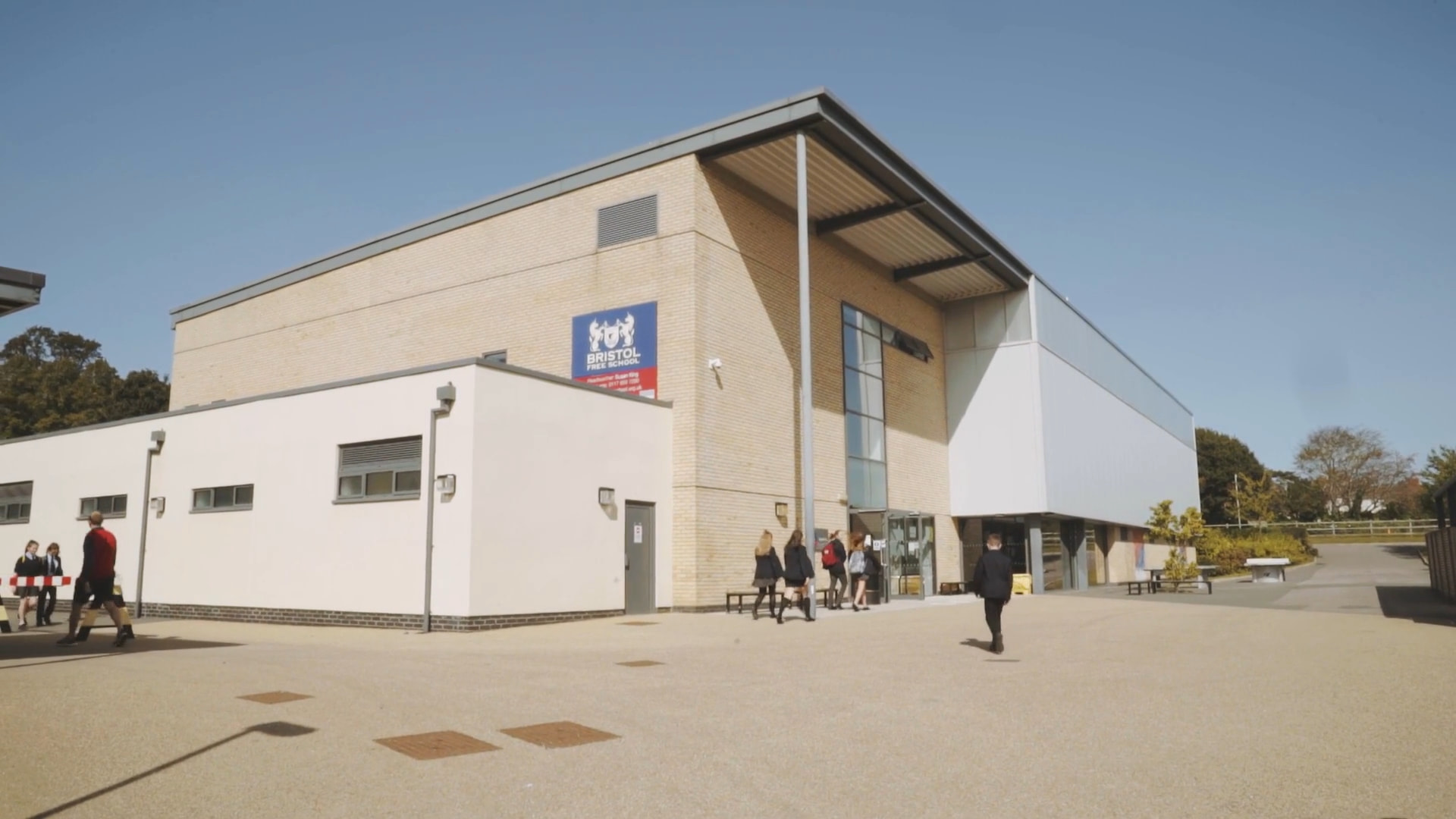
Pythagoras' Theorem.
Trigonometry ratios: SOHCAHTOA.
Exact trigonometric values of sin, cos and tan of 30, 45 and 60 degrees.
Standard ruler and compass constructions.
Solving problems using loci.
Position vectors.
The area and perimeter of parts of a circle and of a sector.
Test on:
Constructions & loci, Circles 2, Pythagoras' Theorem and Trigonometry & Working in 3D.
All mathematics has a rich history and a cultural context in which it was first discovered or used. The opportunity to consider the lives of specific mathematicians is promoted when studying Pythagoras’ Theorem. When solving mathematical problems students will develop their creative skills. Students are encouraged to question “why”; they compose proofs and arguments and make assumptions. Students learn geometrical reasoning through knowledge and application of angle rules.
Students own social development is widened through paired work where students discuss mathematical concepts and solve unfamiliar problems.. .
Squares, cubes and roots.
The rules of indices.
Reciprocals.
Exact calculations.
Standard form.
Plotting straight line graphs and the equation of a straight line, y=mx+c.
The gradient of a straight line.
Solving simultaneous equations.
Distance-time graphs and velocity-time graphs.
Year 11 Mock GCSE Exams.
GCSE Mock 1 Exam on all topics
week beginning tbc.
1 non-calculator paper and 2 calculator papers
Mathematics provides opportunities for students to develop a sense of “awe and wonder”. Standard form promotes “awe and wonder” by providing a way for students to write extremely large and extremely small numbers.
Students own social development is widened through paired work where students discuss mathematical concepts and solve unfamiliar problems.. .
Solving quadratic equations by factorising.
Plotting quadratic graphs.
Maximum and minimum points of a quadratic graph.
Drawing reciprocal and cubic functions.
Sketching functions.
Representing inequalities on a number line.
Solving inequalities.
Real life graphs and trends.
Venn diagrams and set notation.
Possibility space diagrams.
Probability tree diagrams.
The topic of probability provides opportunities for students to consider whether situations are fair or biased and discuss gambling, betting, lotteries, raffles and games of chance. A knowledge of probability will benefit students’ functioning in society as they will understand bias and the chance of an event happening.
Students own social development is widened through paired work where students discuss mathematical concepts and solve unfamiliar problems.. .
Sequence rules for finding the next term.
Finding the nth term of a sequence.
Arithmetic, geometric and Fibonacci sequences.
Compound units (speed, density and pressure).
Direct and inverse proportion.
Growth and decay problems.
Compound interest.
GCSE Mock 2 Exam on all topics
week beginning
tbc.
1 non-calculator paper and 2 calculator papers
All mathematics has a rich history and a cultural context in which it was first discovered or used. The opportunity to consider the lives of specific mathematicians is promoted when studying Fibonacci sequences. Numerical fluency and an understanding of proportion will benefit students’ functioning in society. For example to be able to convert between units, or state which is the better value for money? Students enjoy exploring patterns and sequences, making predictions and generalisations. Mathematics provides opportunities for students to develop a sense of “awe and wonder”. Mathematical investigations produce beautiful elegance in their surprising symmetries, patterns or results.
Students own social development is widened through paired work where students discuss mathematical concepts and solve unfamiliar problems.. .
GCSE Revision & Preparation
GCSE
Paper 1(Non-Calculator paper)
Students own social development is widened through paired work where students discuss mathematical concepts and solve unfamiliar problems.. .
GCSE Revision & Preparation
GCSE
Paper 2
(Calculator paper)
&
Paper 3
(Calculator paper)
Students own social development is widened through paired work where students discuss mathematical concepts and solve unfamiliar problems.. .